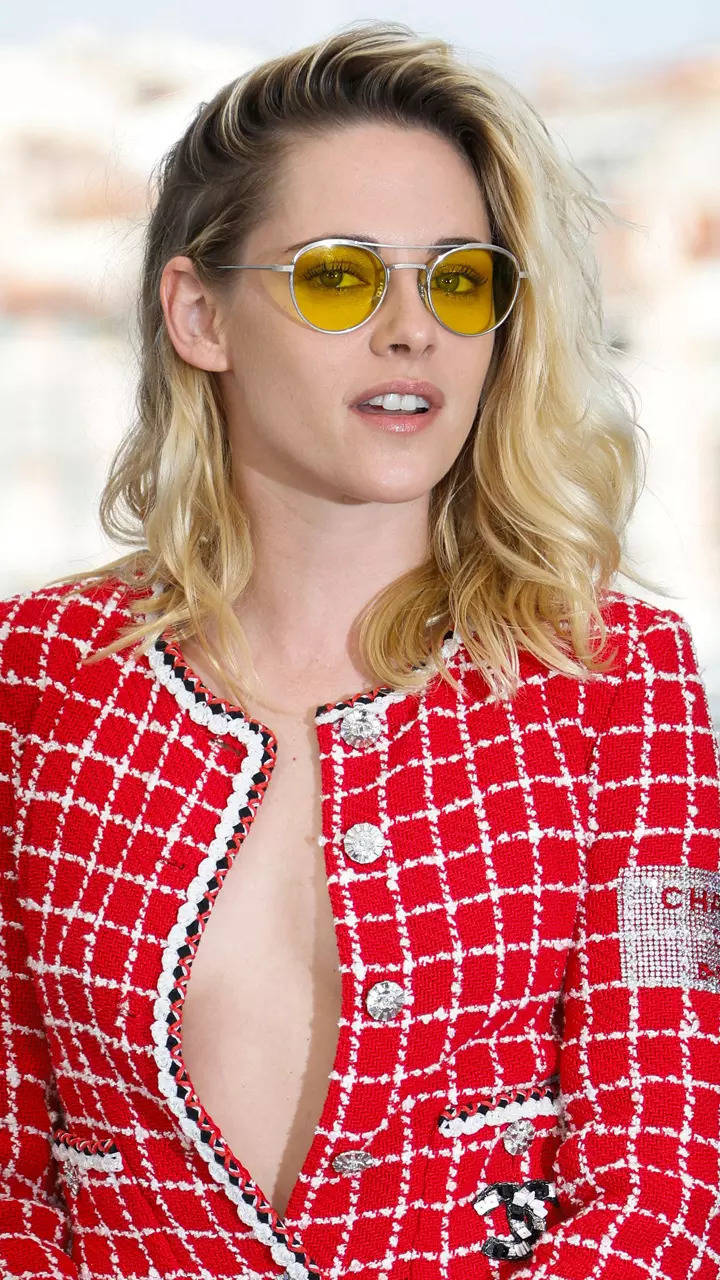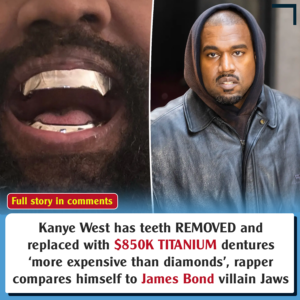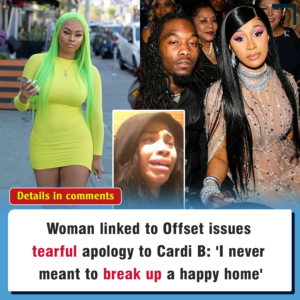>Kristen Stewart on why “fame is the worst thing in the world”
Despite a rocky trajectory to peak fame, Stewart has proved her acting and directing prowess time and time again. In the early days, however, she often fell into the firm grasp of the brutality of fame — at the age of 18, she would pursue harsh comments online and follow media stories fabricating any level of scrutiny. In public interviews and on red carpets, therefore, her wariness was often mistaken as hostility.
“Having that much human energy thrust at you and then being critically analysed is obviously disarming,” she told Bazaar in 2015. “Control issues make me so nervous. It’s not knowing what’s going to happen. So what people were seeing was what happens when you are terrified. My palms sweat, my knees shake, I don’t think I can stand in my heels, I’m breathing heavily, I feel nauseous.”

However, a shift began when Stewart discovered the potent impact of one of life’s most profound external shields: fashion. Engaging in various fashion shoots, she encountered individuals spanning diverse backgrounds, from the gracious to the outright rude. Over time, she came to the realisation that her colleagues at Chanel consistently showed nothing but respect.
Her bond with Chanel grew stronger during the production of Clouds of Sils Maria, a captivating film supported by the big fashion giant itself. In the movie, Stewart portrays Valentine, the mysterious assistant to a renowned European actress played by Juliette Binoche. Written and directed by Olivier Assayas and primarily filmed in Switzerland, the film delves into themes of fame, solitude, ageing, and the intricate dynamics of love among women.

Recognising the complexity and often whiplashed demeanour of Hollywood, Stewart says that while the industry can be worthwhile, it’s also “a risky gamble every time, and it takes so much of your time and energy, and it could leave you with nothing.” Indie films, conversely, diverge in their fundamental motivation: people craft films out of passion and an impulse to create, as Stewart highlights. “It’s pure,” she says. “It’s not to get famous or rich. Fame is the worst thing in the world. Especially if it’s pointless.”
However, her position also gives her a certain amount of power to incite change. When asked about whether she’s ever temperamental on set, she answers, “Not without reason. If someone’s not treating other people well, I’ve felt sort of righteously in a position to tell them. I’ve worked with some men – directors and directors of photography – who just get ridiculous, and it’s all about ego.”





